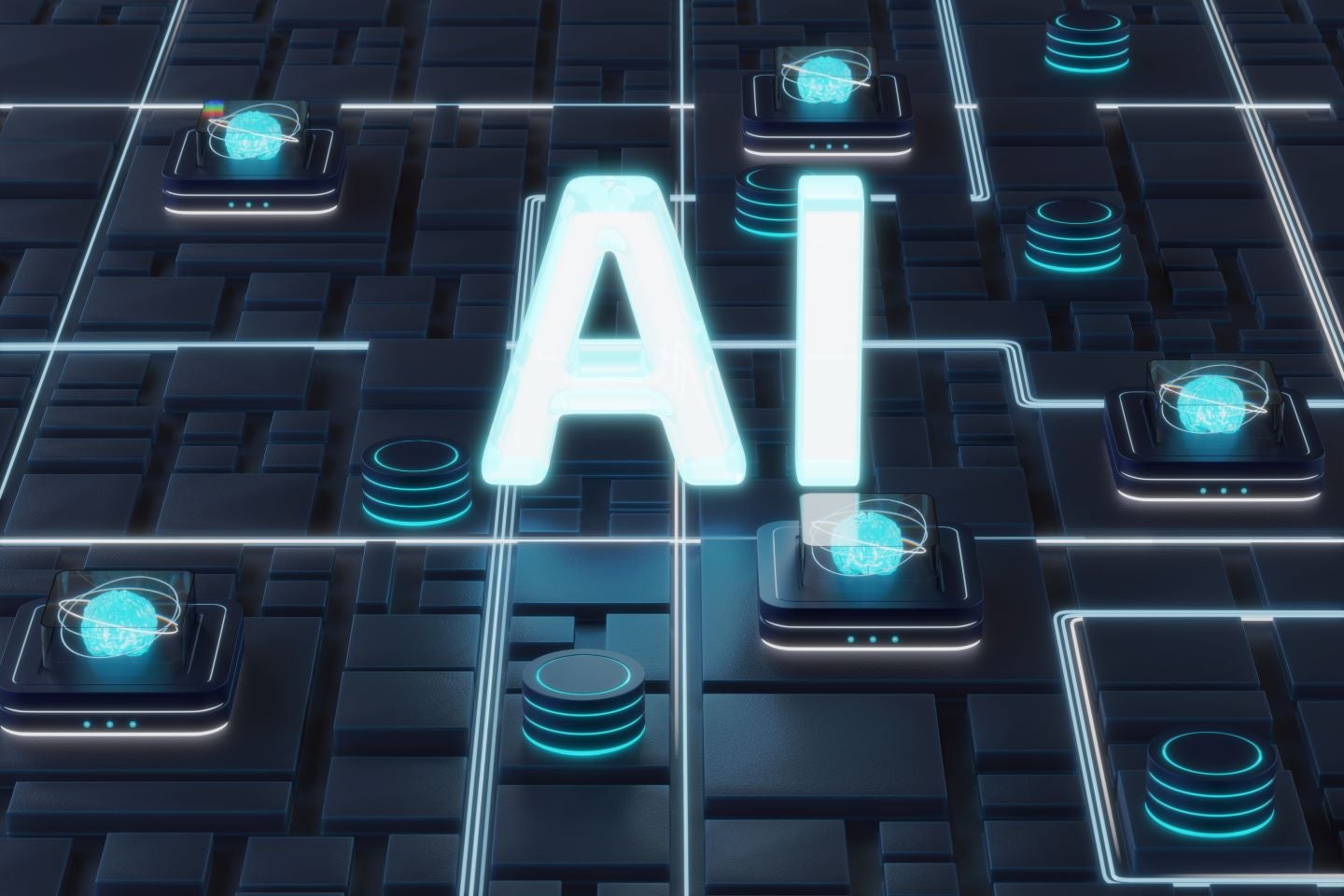
As the AI market develops at breakneck speed, a small number of large companies have led the field with competing general-purpose models. OpenAI and Microsoft, Google, Anthropic, Meta and Apple have all released large language models, trained on the open internet, that are being developed for both consumer and enterprise markets.
However, there is further opportunity to create domain-tailored tools specific to certain job functions across vertical industries.
A slew of vertical AI startups are raising funds to develop role-based models, demonstrating an appetite among investors for industry-specific generative AI (GenAI) applications.
It is too early to know whether a dominant player will emerge in each industry vertical, which raises the question of whether companies should invest now or wait and see if a tool of choice for their sector emerges.
In general, the challenge with GenAI adoption is that those organisations that delay adoption will find themselves behind the curve in the long term, “no matter how much sprinting they do,” according to GlobalData senior analyst Beatriz Valle.
“If an organisation is considering adopting one of these highly specialised models now they should look at the solution itself and the degree of maturity of the solution: if it yields productivity gains, consider adopting it now,” advises Valle.
How well do you really know your competitors?
Access the most comprehensive Company Profiles on the market, powered by GlobalData. Save hours of research. Gain competitive edge.

Thank you!
Your download email will arrive shortly
Not ready to buy yet? Download a free sample
We are confident about the unique quality of our Company Profiles. However, we want you to make the most beneficial decision for your business, so we offer a free sample that you can download by submitting the below form
By GlobalDataHowever, she also notes that the regulatory landscape is still very much evolving and GenAI is far from maturity, admitting that “it’s a difficult call”.
Improved efficiency with a reduced headcount is a promise which AI has yet to fully deliver. And until it does, humans with domain expertise can breathe a sigh of relief. In addition, highly specialised skills will always be needed either in the construction and planning of these models or in overseeing them.
Verdict identifies some of the vertical AI startups vying to become leaders within their industry:
Devin: AI software engineer
Devin is said to be the world’s first fully autonomous AI software engineer created by US startup Cognition AI. Devin was launched last week (12 March) alongside an announcement that it had raised $21m in a Series A funding round led by Peter Thiel’s eponymous Founders Fund. The company claims the tool can plan, analyse, and execute complex code and software engineering tasks using prompts.
Abridge: AI for healthcare professionals
In February 2024, US-based company Abridge announced it had raised $150m in a Series C round, to expand its suite of AI-driven clinical documentation tools. The round, led by Lightspeed Venture Partners and Redpoint Ventures, valued Abridge at $850m, a significant jump from the company valuation of around $200m at the company’s previous fundraising round in November 2023.
Harvey: AI legal assistant
The startup’s series B funding round at the tail end of 2023 (19 December) included veteran venture firm Kleiner Perkins with participation from the OpenAI Startup Fund and Sequoia. The $80m investment brought Harvey’s total funding to over $100m and valued the startup at $715m.
Harvey is built on OpenAI’s ChatGPT-4 to augment productivity and streamline workflows for legal professionals. The startup is working with leading law companies, in-house teams, professional service providers and private equity firms. According to the company, engagement on the platform has increased exponentially and revenue has risen more than tenfold since April 2023. PricewaterhouseCoopers, Allen & Overy and Macfarlanes are just some of the businesses using Harvey.
Sierra: AI business and customer services
In January, Bloomberg reported that Sequoia Capital would lead an $85m investment in the startup, valuing the company at almost $1bn.
Co-founded by OpenAI board member Bret Taylor and launched on 13 February, Sierra is a conversational AI platform that promises to enable every company to build their own customer service agent. While automated customer service is nothing new, the founders at Sierra claim that its agent can track orders and deliveries, recover accounts and exchange products by securely integrating with a business’s order management system, CRM, and other management systems and processes.
TaxGPT and FinGPT: AI tax assistant and financial analyst assistant
TaxGPTs are emerging across geographic markets. UAE-based startup Virtuzone launched an AI-powered corporate tax assistant to coincide with the UAE’s new corporate tax regime which took effect on 1 June, 2023.
The tax assistant is available to UAE-based businesses and is built on OpenAI’s GPT-4. The tool works by using data directly available from the country’s Ministry of Finance and the Federal Tax Authority to parse complex tax regulations to help businesses streamline the tax process.
While the UAE is a digital-first government other jurisdictions are developing tax assistants, including taxGPT.ca, Canada’s GPT tax assistant. Similarly, startups building on OpenAI technology have developed FinGPT AI assistants for financial analysts and investment professionals. Watch this space as more vertical AI startups launch tax and investment assistants.







